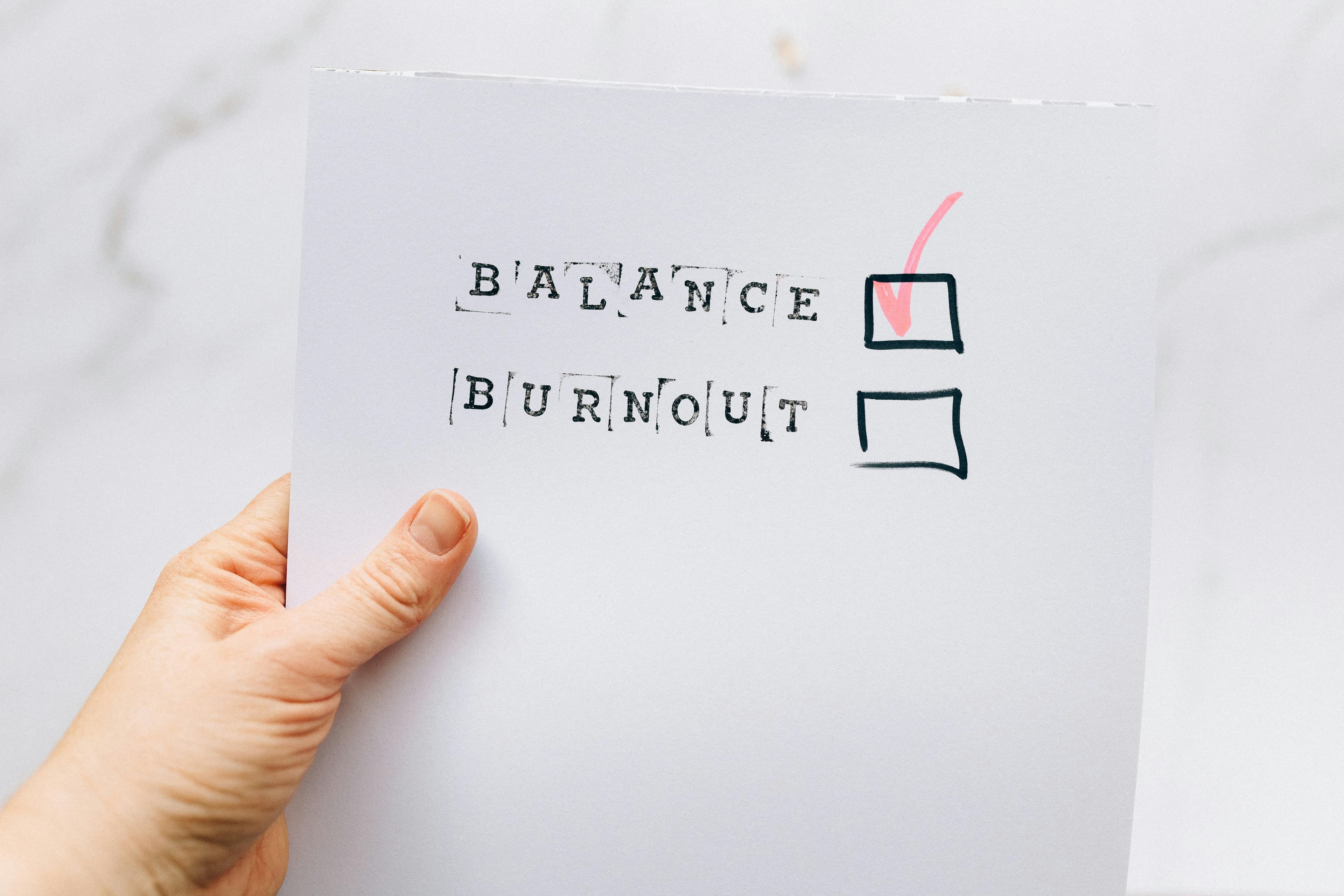The importance of taking time to rest
Written by Sarah on
I’ve written in the past about energy levels – finding the energy to exercise and tips to manage slumps. Sometimes though we just need to recognise and lean in to our body’s need to rest.

This is something I really struggle with. Coming from a background in broadcasting where long hours and over working are the norm, the need to be endlessly productive has been a constant in my working life. But also in my personal life. The challenge to make the most out of every day, to experience culture, restaurants, socialise with friends and family. Not to mention the need to keep on top of a never-ending list of life admin and to keep my home shipshape. And of course scheduling enough time to exercise, meditate, journal, track my nutrition and all of the other self-care stuff dictated to us by the fitness industry via Instagram! My polisher or perfectionist tendencies mean that I want to put 100% into everything I do, whether that be a workout or meeting up with friends.
When I stopped drinking, I went into productivity overdrive. Evenings that used to be spent in the pub could become additional work hours to make up for all that lost time in my career when I was coasting through hangovers. All those weekends where I would have felt too rough to leave the house were now filled with new activities. I’d do this for a while and then I’d come down with a virus and feel completely wiped out. Then the cycle would start again as I tried to make up for the time I'd 'lost' being ill.
I feel guilty for being someone who struggles so much with their energy. I live an incredibly blessed life in a beautiful place, with a wonderful man, doing a job I love and which allows me to afford to do the things I want. I don’t work crazy hours (anymore) and most importantly I don’t have kids. In fact one of the reasons I’ve chosen not to have children is that I struggle with my energy and need my sleep so badly. So why am I still so knackered a lot of the time when my friends with kids and much harder jobs seem to be able to cope?!
I’m starting to realise that my body and brain aren’t really designed to cope with the unlimited demands I try to put on them and that’s probably why periodically I just burn out.
This happened last week. It started with the skin around my eyes becoming really sensitive, dry and swollen, usually a sign I’m rundown. A few days later I was feeling so exhausted I couldn’t concentrate on anything and even climbing the stairs in my house felt like trekking through the death zone on Everest. I was facing a weekend filled with social engagements and a tough training session and on the Friday evening I came to the realisation that I wasn’t going to be able to manage to build the energy to leave the house never mind anything else.
So I cancelled everything and spent the weekend resting, catching up on comforting tv, eating nourishing food and sleeping.
It’s made me think about the importance of taking time out to rest and recuperate, not just when we’re physically ill but in day-to-day life. I’m definitely someone that needs quiet time on my own to potter, read a book or sit and gaze out of the window. When I don’t allow myself enough of this time to be alone and not over stimulated my energy levels quickly deplete, it impacts my mood and my cognitive ability and I also get the warning signs in my skin as it becomes sore and swollen.
I learned recently about the spoon theory for people with chronic conditions which cause fatigue. The theory goes that we all have a certain amount of spoons (units of energy) available to us each day. We use them up on work, exercise etc but also on things which can feel automated like brushing our teeth or making our bed in the morning. People with chronic conditions have far fewer spoons than other people and have to choose carefully how they use them. Things which might energise others, like exercise can really deplete them and use up a lot of spoons.
I don’t have any conditions (that I’m aware of) and don’t want to compare myself to people who do, but this theory really struck a chord with me. I definitely feel like I have a limited amount of spoons in my energy drawer and that on some days the drawer is emptier than others.
I’m going to try and be more mindful of my energy going forward, to look at my schedule for the week and make sure that I’m actually scheduling some downtime each day to try and prevent myself from burning out. This will mean prioritising which activities are essential and which I can be less rigid on. It may mean socialising less frequently or earning a bit less money but if these things mean I can feel healthier and happier then I think it’s a fair swap.
Back to more articles

For a free, no obligation initial consultation, face to face or by phone get in touch
